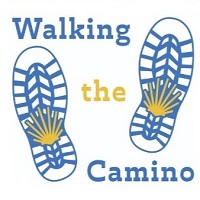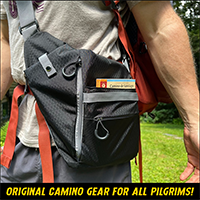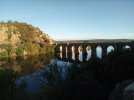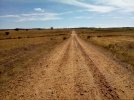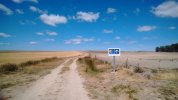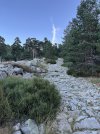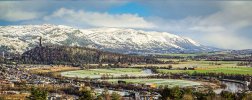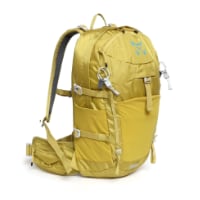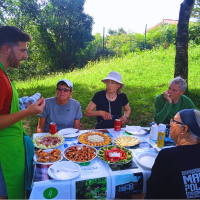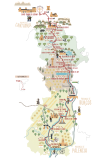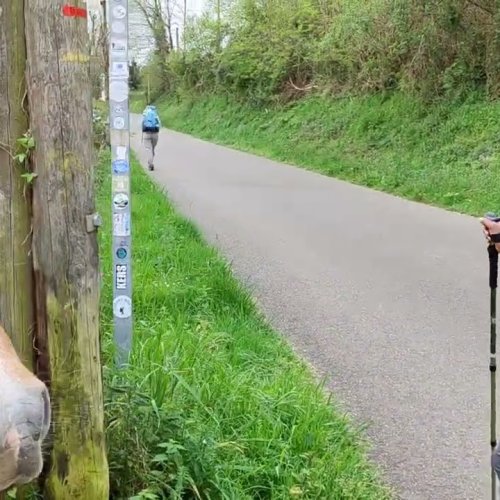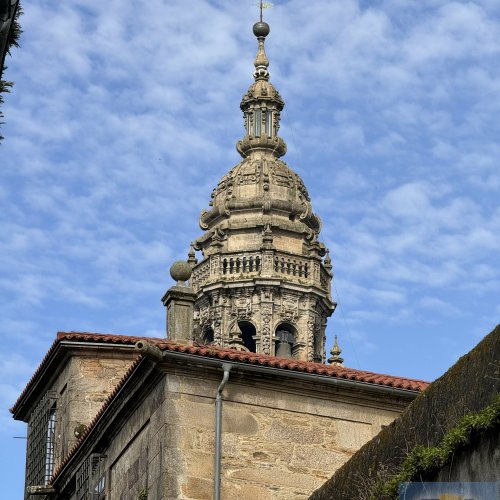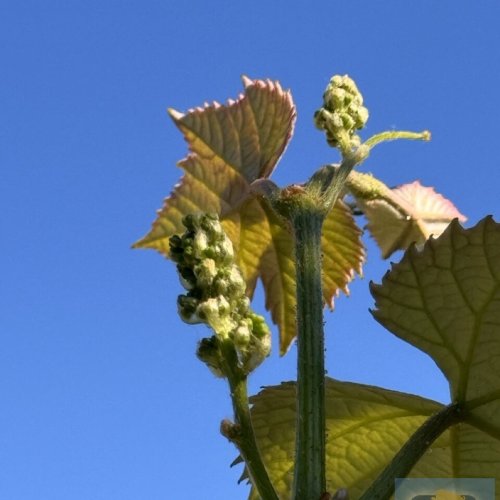I agree completely with
@Quietways. I have walked some of the more remote camino routes, but each one comes with its fair share of road walking. The Salvador has a lot of asphalt into Mieres and from Mieres into Oviedo, but that road walking is combined with a long stretch of mountain glory from Buiza to Pajares and beyond. The Olvidado has some of the most beautiful mountain scenery I’ve seen on a camino, and more days of beautiful mountain scenery than any other camino I’ve walked, but right after one of those jaw-dropping stages from Boñar, you have 6-8 long hard slogging kms on the side of the road. The Baztán has some glorious high hill walking, but there are stretches of road walking in between. As Quietways says, that just inevitably comes with walking village to village. “Proper” thru-hiking trails with no roads are likely to require tents/huts and way fewer services.
Untraveled caminos don’t necessarily come with less road walking (e.g., Invierno, very untraveled, lots of roads). Lots of dirt paths on a camino doesn’t mean remote (e.g., Madrid, least road walking of any camino I’ve walked, but only one “remote” day from Cercedilla). Remote doesn’t mean no road walking (e.g., Olvidado or Salvador). But that’s what the camino is — going from whatever Point A you choose to the same Point B, Santiago.
For interestng historical sites, you will find them on any camino. The short Salvador, for instance, has the gorgeeous pre-romanesque Santa Cristina de Lena about a two minute walk uphill from the camino, but many just walk by. For churches, the Catalán from Llançá to Montserrat was amazing, as is the Castellano-Aragonés. Also lots on the Lana. The Mozárabe and the Levante have tons and tons of castles. Lots of Roman ruins on the Vdlp, some on the Lana too. You may need to take a few detours and do some planning to work them into a walking schedule, but once you settle on a route, it’s just a matter of becoming familiar with the area and checking out what’s nearby.
I think the problem is that there are too many choices, so long as you’re ok with the fact that no matter which camino you walk, you will be walking on the side of a road (most usually on the side of an untraveled road) for a chunk of the time.


